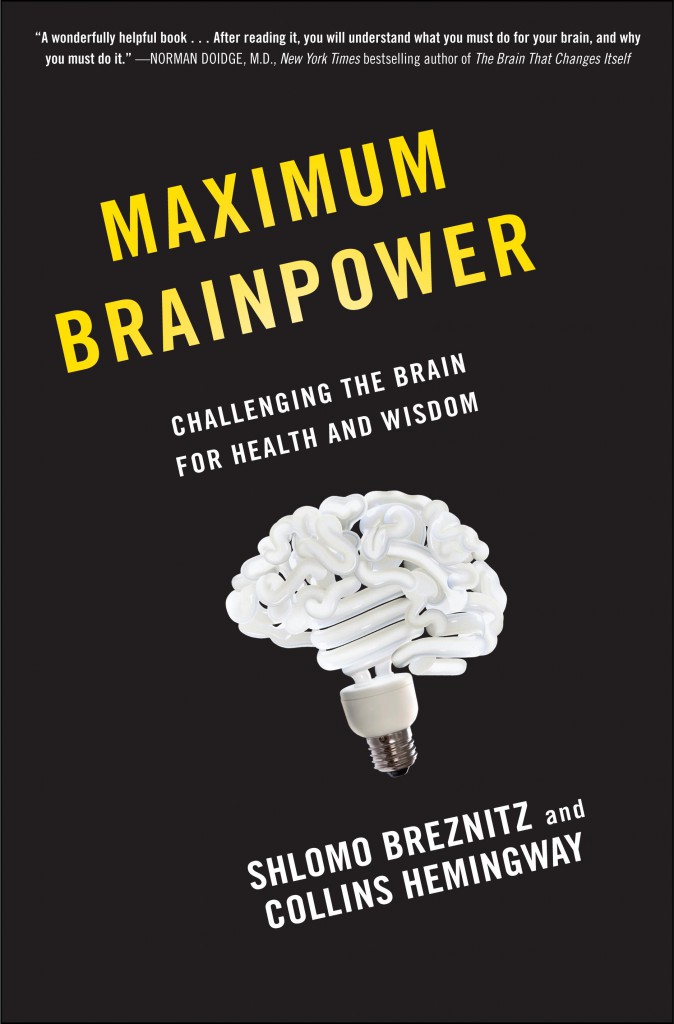Posts Tagged ‘experience’
Navigating The Many Dangers of Experience
As with “expert,” the root of experience is “experiri,” a Latin word meaning “to try out.” People with a lot of experience should be willing to try new things, as their knowledge should provide more context and points of view, enable more exploration of an issue, and minimize risk with decisions. However, highly experienced people…
Read MoreDr. Michael Posner on Developing Brain Networks and Self-Control
Dr. Posner will provide an update on latest research and applications to develop brain networks and self-control, at the upcoming 2012 SharpBrains Virtual Summit (June 7–14th, 2012). Michael Posner is Professor Emeritus at the University of Oregon and Adjunct Professor at the Weill Medical College in New York (Sackler Institute). He is currently engaged in a…
Read MoreTeaching is the art of changing the brain
James Zull is a professor of Biology. He is also Director Emeritus of the University Center for Innovation in Teaching and Education at Case Western Reserve University in Ohio. These roles most assuredly coalesced in his 2002 book, The Art of Changing the Brain: Enriching the Practice of Teaching by Exploring the Biology of Learning.…
Read MoreHelping Young and Old Fish Learn How To Think
- “There are these two young fish swimming along, and they happen to meet an older fish swimming the other way, who nods at them and says, “Morning, boys, how’s the water?” And the two young fish swim on for a bit, and then eventually one of them looks over at the other and goes,…
Read More

